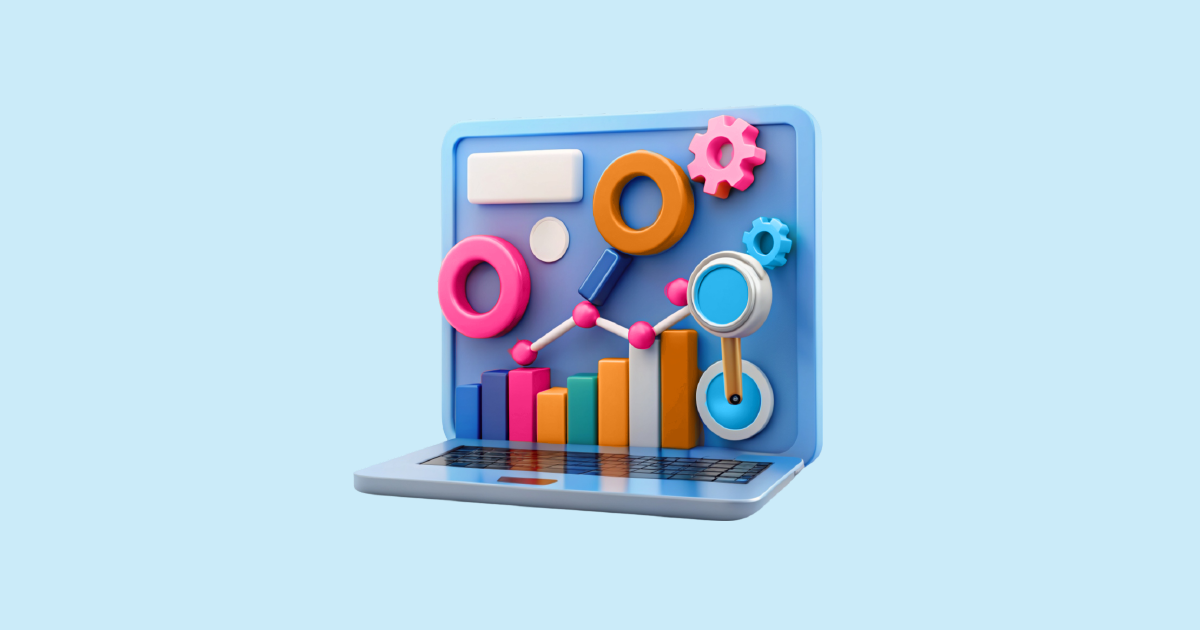In today’s digital era, understanding customer sentiment is no longer a guessing game. Thanks to social listening data, businesses now have the tools to tap into what their audiences are saying in real-time. But what exactly is social listening data, and why is it such a game-changer? Let’s explore the depths of this valuable resource and how it can transform the way businesses operate.
What is Social Listening Data?

Social listening data refers to the collection of information from various online platforms, such as social media, blogs, and forums, to track, analyze, and respond to conversations about a brand, product, or industry. It involves monitoring keywords, hashtags, and specific topics to uncover trends, customer sentiments, and actionable insights.
Why is Social Listening Data Important?
Imagine being able to eavesdrop on millions of conversations happening across the web about your brand. This is what social listening provides—a peek into the minds of consumers. Here are some key reasons why social listening data is important:
- Real-time Feedback: Social listening allows businesses to receive instant feedback from customers. Whether it’s a product complaint or a glowing review, you can track and respond to these insights quickly.
- Brand Reputation Management: Keeping an eye on online mentions helps in managing your brand’s reputation. By responding swiftly to negative comments or crises, you can protect your brand image.
- Market Trends Identification: Social listening reveals the latest industry trends, enabling companies to stay ahead of the competition by capitalizing on emerging topics or consumer behaviors.
- Improved Customer Engagement: By understanding what your audience is discussing, you can engage with them in a more meaningful way, creating stronger brand-customer relationships.
How is Social Listening Data Collected?
Social listening tools gather data from various sources, including:
- Social Media Platforms: Twitter, Facebook, Instagram, LinkedIn, and other platforms are rich with conversations that provide insights into customer preferences.
- Blogs and Forums: Popular blogs, review sites, and forums like Reddit contain user-generated content that offers honest opinions on brands or products.
- News Websites: Keeping track of mentions in news articles provides additional context for understanding public perception.
- Hashtags and Keywords: Monitoring specific hashtags and keywords ensures businesses stay updated on relevant conversations.
Types of Social Listening Data
- Quantitative Data: This type involves numerical data, such as the number of mentions, likes, shares, or retweets. Quantitative data helps businesses understand how often their brand is being talked about.
- Qualitative Data: This data type focuses on the nature of conversations. It analyzes the sentiment behind comments, whether positive, negative, or neutral, and the specific topics being discussed.
Turning Social Listening Data into Action
Collecting data is only half the battle. The true value lies in analyzing and acting upon the insights. Here’s how businesses can use social listening effectively:
- Crisis Management: When a negative trend or issue is identified, businesses can address it before it spirals out of control. Quick responses and solutions help in reducing damage to the brand’s reputation.
- Content Creation: By knowing what’s trending, businesses can create relevant content that resonates with their audience. Social listening data informs blog posts, social media updates, and marketing campaigns.
- Product Development: Listening to customer complaints or suggestions can provide valuable feedback for product improvements or innovations.
Challenges
While social listening is incredibly valuable, it does come with challenges:
- Data Overload: With millions of conversations happening online, filtering out irrelevant data to focus on what matters can be overwhelming.
- Sentiment Analysis Accuracy: Automated sentiment analysis tools may struggle to accurately interpret sarcasm, humor, or context, leading to skewed results.
- Privacy Concerns: As social listening involves tracking public conversations, businesses must ensure they comply with data privacy regulations to avoid legal issues.
Future Trends
The future of social listening is promising. With the rise of artificial intelligence (AI) and machine learning, social listening tools will become more sophisticated in predicting trends and providing deeper insights. Companies that harness these advancements will be able to anticipate consumer needs and make data-driven decisions with greater accuracy.
Conclusion
Ready to leverage social listening to elevate your brand? Request a demo from AIM Technologies today and discover how our advanced tools can transform your customer insights into actionable strategies!




